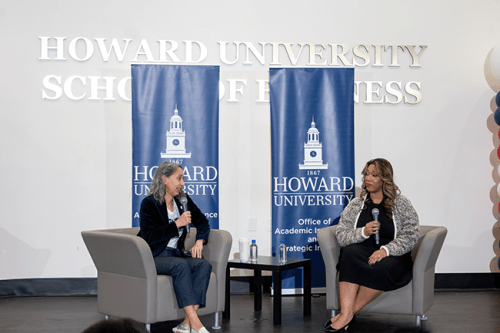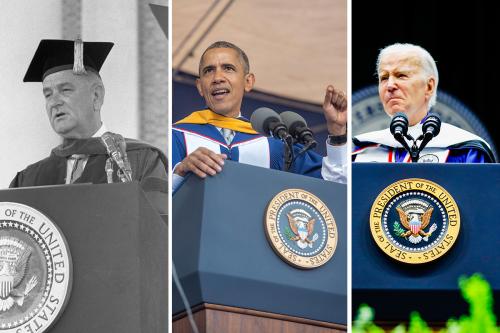WASHINGTON - Following a week of notable decisions from the Supreme Court, Justice Sonia Sotomayor issued a powerful dissent on Friday, June 30, in reaction to the denial of a cert petition that the Howard University School of Law Civil Rights Clinic filed. Clinic students Hafzat Akanni, Fedel Estefanos, Jonathan Perez, Ebe Inegbenebor, Samuel Tope-Ojo, and Austin Hollimon worked on the petition.
Under the direction of Howard Law Adjunct Professors Ray Tolentino and Tiffany Wright, the Civil Rights Clinic filed a cert petition in a case involving the granting of qualified immunity to a police officer who shot and killed an unarmed Black man, Ryan Stokes, while he was attempting to surrender to officers. While the Supreme Court denied cert, Sotomayor issued her dissent, supporting the arguments put forth by the University’s Civil Rights Clinic.
By declining to accept the petition for certiorari by the family of Ryan Stokes, the justices let an Eighth Circuit ruling stand that granted summary judgment to the Kansas City Board of Police Commissioners in a suit accusing William Thompson, a Kansas City, Missouri, police officer, of negligently shooting Stokes, an unarmed Black man, in the back while he was raising his hands in surrender.
“The Supreme Court denied cert, which was devastating news for our clients, but the small silver lining is that Justice Sotomayor issued a powerful dissent agreeing with our position,” said Raymond Tolentino, adjunct professor at Howard University School of Law. “As the Justice eloquently explains in her opinion, the Court's refusal to intervene in our case sends a dangerous signal to officers that they can ‘shoot first and think later.’ It is very rare for a Justice to issue a dissent when the Court denies cert, so this is a huge testament to all the hard work of our clinic students who worked tirelessly to produce spectacular briefs that persuaded at least one Member of the Court.”





